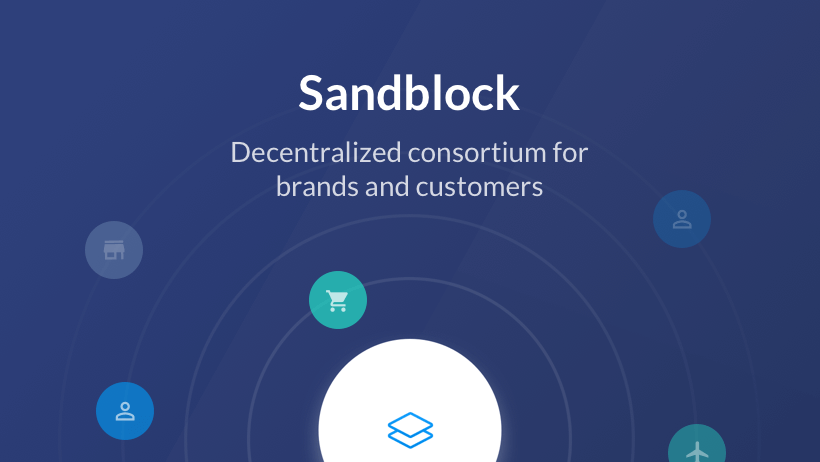Studies have repeatedly shown that customer experience is one of the most important aspects of a company’s retention rate. According to some, 45 percent of consumers say a lack of interest in customer satisfaction is the biggest obstacle companies must overcome to provide an ideal experience. In other words, it’s pretty simple–businesses need to take steps to ensure their customers that they care. By 2020, customer experience could be the key differentiator between brands, overtaking price and product.
Some companies, in order to improve customer experience, create loyalty programs that come with a foster of pride and exclusivity. Oftentimes, these loyalty programs are mediated through credit cards. Take the airline industry, for example. Hawaiian, American, and Delta are just a small sample of the dozens of airlines that offer loyalty credit cards to customers. While these cards can be useful for earning miles and other perks, they come at a steep cost–the rights to private customer data. Because of the Fair Credit Reporting Act, rating agencies like Equifax can sell credit information like name, address, and payment history to credit lending institutions. This is why when someone applies for a credit card, fifty plus ads show up in the mailbox within a matter of days.
This creates a conundrum for consumers and put them at odds with businesses. Sure, loyalty programs help save money, but at what cost? Businesses also have to wrestle with questions about consumer satisfaction–is there a way to keep customers happy without compromising their data? Sandblock, a blockchain startup, believes there is. Their goal is to create an ecosystem specifically designed to provide solutions to businesses’ reward and loyalty program troubles.
By using blockchain technology and the native SAT coin, Sandblock provides consumers with incredible reward options while keeping their data anonymous and secure. The SAT token functions a base cryptocurrency on the platform, but merchants can create their own brand tokens on top of it. They can then issue customers coupons, vouchers, and loyalty point denominated in the brand token.
How Do Consumers Use and Benefit from the Platform?
The Sandblock platform provides access to the ecosystem through a simple mobile application. When customers make purchases, answer surveys, or leave reviews for products, the product manufacturers can issue users loyalty points. Because the points are rewarded with a tradable token, customers can either spend them with the same merchant or exchange them for other tokens. Thus loyalty points have intrinsic market value, rather than store specific purchasing power. Sandblock functions as an all-in-one loyalty program where people can redeem tokens for products, sell tokens in exchange for other tokens, or buy loyalty points to use with other vendors.
In addition, consumer data is protected by the blockchain powered system. All personal information is anonymous when it is sent to other merchants, so users don’t have to worry about spam filling up their inboxes and mailboxes. Though behaviors and purchasing histories will be tracked and sent to the platform’s database, there is no way for businesses to pinpoint which data set belongs to each user.
How Do Companies Use and Benefit from the Platform?
The Sandblock platform provides incredible benefits for consumers. But it will also greatly benefit merchants who issue their own tokens. This is because participating businesses will have access to the large library of anonymous data gathered by the platform. The data can be analyzed by companies to determine how their marketing campaigns are working and where to focus their sales efforts. The nature of the system also allows companies to save money and time in managing customer loyalty and engagement programs. All reward and loyalty related data are stored on the platform, keeping a database for businesses to use at their convenience.
The Sandblock token pre-sale begins on February 28, 2018, and will run until March 11. Payments can be made in ETH, BTC, or Bankcard. A total of 8 million SAT coins will be offered.
